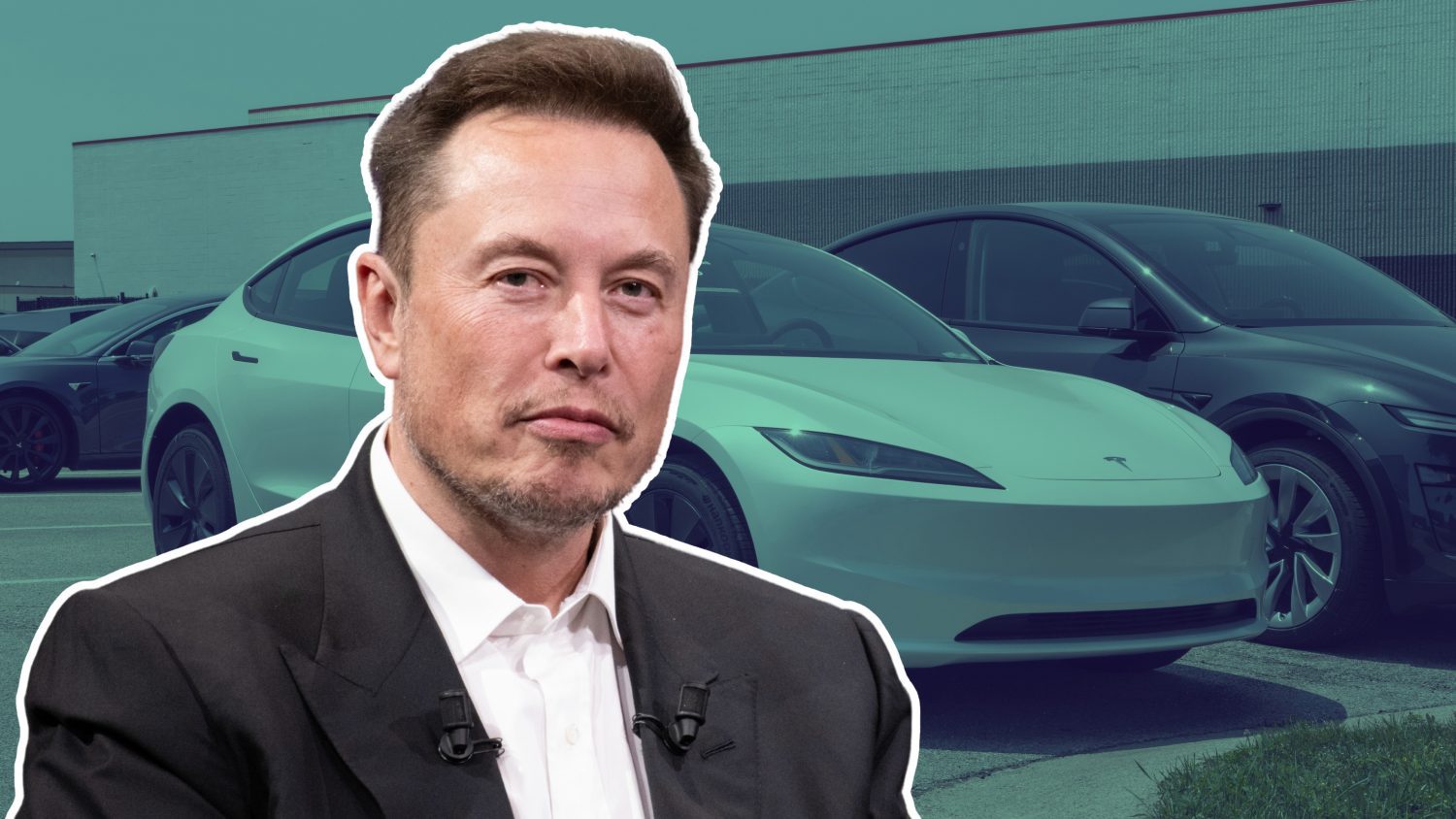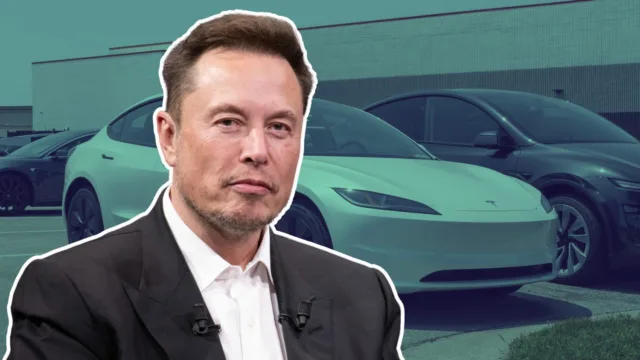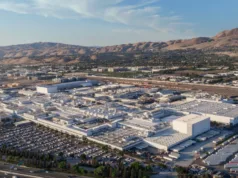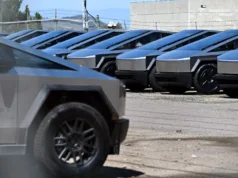
On the Dash:
- Tesla is requiring suppliers to eliminate China-made components from vehicles built in its U.S. factories.
- Tariffs and geopolitical tensions have pushed the company to accelerate its supply chain shift.
- Tesla is expanding non-China sourcing, including new battery production efforts in the United States.
Tesla is pushing suppliers to eliminate China-made components from vehicles built in its U.S. factories, according to a report from The Wall Street Journal. The effort marks one of the automaker’s strongest moves yet to separate its American production from China and reflects the growing impact of U.S.-China trade tensions on global automotive supply chains.
Tesla and its suppliers have already replaced several China-made parts, and the company plans to complete a full transition to non-China components within the next one to two years. The shift affects parts used across Tesla’s U.S. manufacturing operations at a time when fluctuating tariffs and geopolitical disputes have made planning and pricing strategies more difficult. The Journal reported that the company intensified its sourcing changes this year after President Donald Trump imposed new tariffs on imports from China.
The push to diversify suppliers follows years of growing dependence on China. Tesla’s Shanghai plant uses a supply base of about 400 Chinese direct suppliers, and more than 60 of them have previously supported production at Tesla factories worldwide. While Shanghai-built models are shipped to Asia and Europe, they are not exported to the United States.
Automakers across the industry are reevaluating their reliance on China due to rare-earth restrictions, semiconductor shortages and rising political friction. Tesla executives have faced repeated supply disruptions, including chip shortages tied to a conflict between China and the Netherlands that limited exports from a Dutch semiconductor firm whose packaging is done in China. The situation renewed internal discussions about accelerating diversification efforts.
Other manufacturers have made similar moves. General Motors recently instructed thousands of suppliers to remove China-made components from their supply chains. Trade actions by both governments have created widespread concern across the sector as automakers work to secure essential inputs ranging from batteries to magnets to electronic components.
Tesla has been encouraging longtime China-based suppliers to relocate production to Mexico and Southeast Asia. The company also stopped selling U.S. vehicles with China-made lithium-iron-phosphate batteries last year because of tariff implications and ineligibility for EV tax credits. Tesla is now building LFP batteries for its energy-storage products in Nevada, with operations expected to begin in early 2026.
The United States remains Tesla’s largest market, and the company is working to expand domestic and non-China sourcing to stabilize its U.S. production. While building a fully diversified supply chain will take time, it is essential given the ongoing rise in geopolitical risks.







